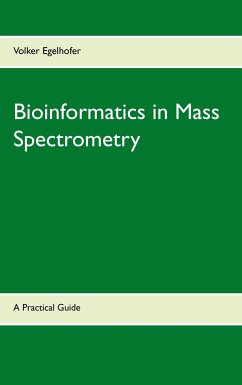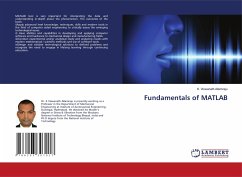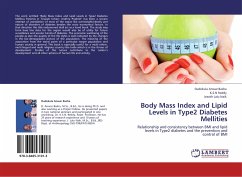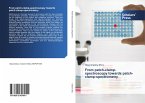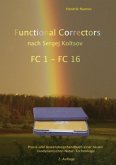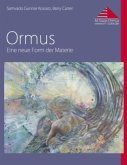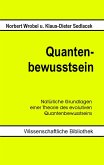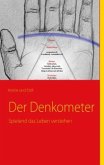The aim of the book is to give the reader a basic insight of Mass spectrometry-based bioinformatics. In the past, Bioinformatics has been mostly classified as a bridge discipline between Informatics and Biology rather than an independent scientific discipline. But with the comprehensive accumulation of biological data and the resulting challenges Bioinformaticians concentrate more on their own research rather than simply serving as technologists for others. Nowadays, the focus in Bioinformatics is mainly on the development of sophisticated algorithms capable of extracting useful knowledge from large data sets by combining methods from statistics and artificial intelligence. This beginners guide will help to illustrate some of the common algorithmic problems occurring in typical high throughput mass spectrometry protein identification experiments. A general introduction to Python programming language including standard programming techniques and their role in problem solving will be provided.

